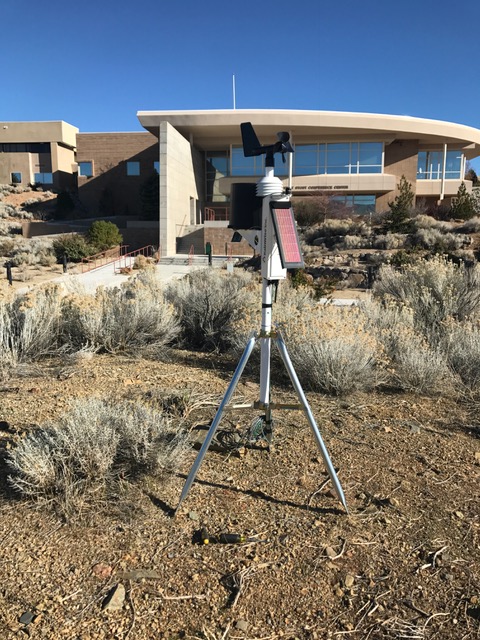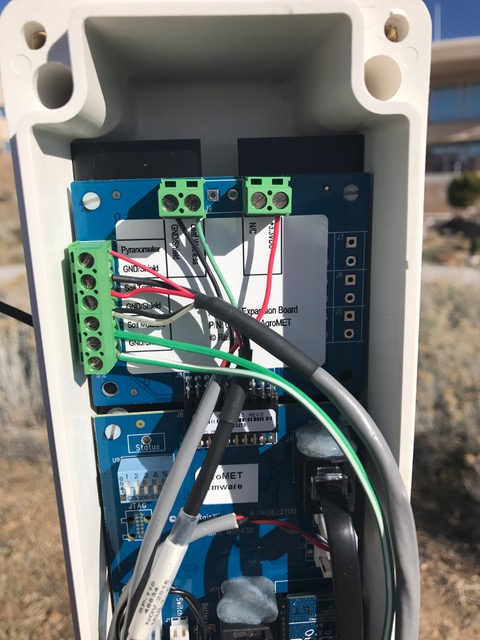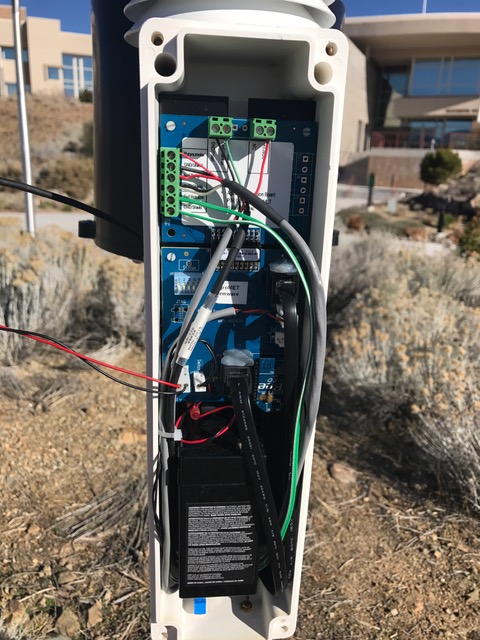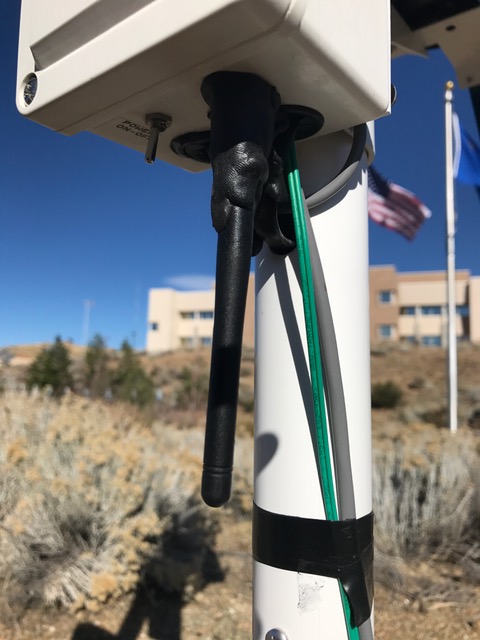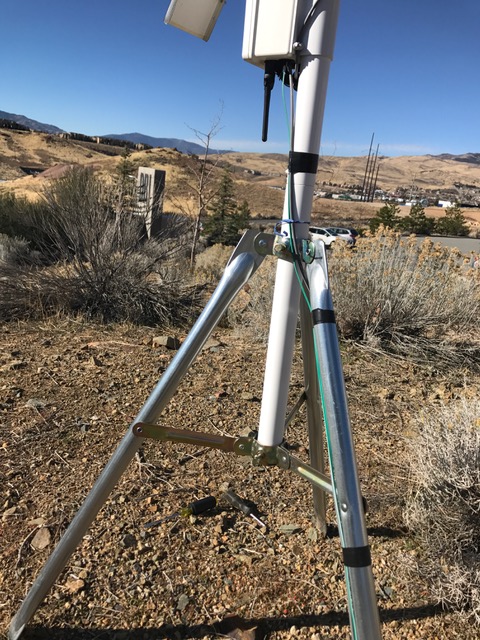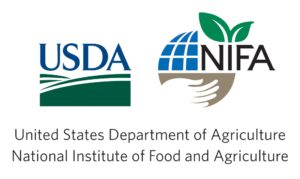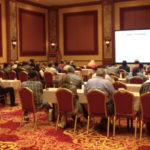Native Waters on Arid Lands Podcast
Episode 1: Traditional Knowledge and Ecology with Dr. Alexandra Lutz and Dr. Beverly Ramsey
In Episode 1 of the Native Waters on Arid Lands podcast, we sit down with Dr. Beverly Ramsey and Dr. Alexandra Lutz to learn about their research in the areas of traditional knowledge and ecology.
Beverly is the Executive Director of the Division of Earth and Ecosystem Sciences at the Desert Research Institute in Reno, Nevada. She is a member of the Eastern Cherokee tribe, and specializes in systems ecology. Alex is an Associate Research Professor of Hydrogeology at the Desert Research Institute. She studies water resources and climate in areas such as Nevada and West Africa, where data is often sparse.
Listen to the podcast and read below to learn more about Beverly, Alex and their work. A written transcript of this interview is available here. You can also subscribe to our podcast on iTunes or Google Play.
Learning from the past
On the Native Waters on Arid Lands project, Beverly is working to evaluate conditions within the watersheds of each tribal reservation — how much water there is at present, how things have changed over time, and how people in the past supported themselves during times of droughts.
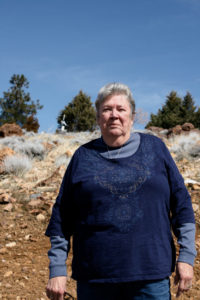
Dr. Beverly Ramsey
In her research, Beverly uses climate data to identify periods of historic drought, and then works with archaeologists and paleoecologists to learn about how people in the Southwest survived during those periods. She also works with members of different tribes to learn about their traditional agricultural practices, and how those practices changed over time as native people moved onto reservations.
“The way human beings have maintained resilience is to migrate,” Beverly said. “If an area got too dry, too wet, too cold, too hot, they went somewhere else where the food was more traditional to them…As we have settled in villages and towns, or where we have reservation boundaries and have made restrictions, it’s a very different issue to try to deal with resilience.”
On many reservations, Beverly is finding that there are already organizations working to grow traditional crops using traditional methods, such as planting community gardens with beds of the “three sisters” — beans, corn and squash, grown together. Others are experimenting with adding new crops, such as sunflowers, as easy-to-grow oil crops. Many of the gardens are student projects.
For more information on how to plant a Three Sisters Garden, check out this blog post from Native Seed/SEARCH, a seed conservation organization located in Tucson, AZ.
Below are some photos of the traditional Three Sisters planting method, and a traditional method for drying onions, from reservations that Beverly has visited. Click each image to enlarge:
Monitoring modern climate
To help close information gaps in the Native Waters study area, Alex is setting up weather stations in locations of the Great Basin and Southwest where climate data is sparse.
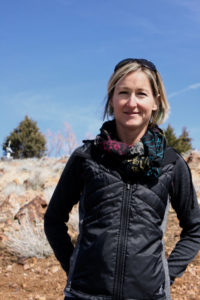
Dr. Alexandra Lutz
The weather stations are installed on reservations in areas like community gardens and schools, where the climate data can also be used by members of the community. For example, a community garden might use climate data to help assess conditions for farming.
“These weather stations can collect information on wind speed, temperature, solar radiation — so, over time, it gives you a picture of agricultural conditions for farming,” Alex said. “It helps the communities who’d like to farm and it can also be an interesting school project for children. They can plot temperature over time and we hope it’s something they’ll never forget.”
So far, weather stations have been installed at the Santa Ynez Chumash reservation near Santa Barbara, CA, and for the Colorado River Indian Tribe in Parker, AZ. More will be coming on line soon. Alex’s goals are to get weather stations set up in areas where we are lacking climate data, and also to use the stations to provide information that is useful to the surrounding communities.
You can see data from the first two stations on the Weather Underground website:
Alex also has a station set up at the Desert Research Institute in Reno. Here are some photos of the weather station:
More, on the podcast
To hear more about Beverly and Alex’s work with the Native Waters on Arid Lands project, listen to podcast episode 1, below. Music for this podcast came from Podington Bear (song title: Bit Rio) on the Free Music Archive under a Creative Commons license. For a written transcript of this podcast, please contact [email protected].
Podcast: Play in new window | Download
Subscribe: RSS


